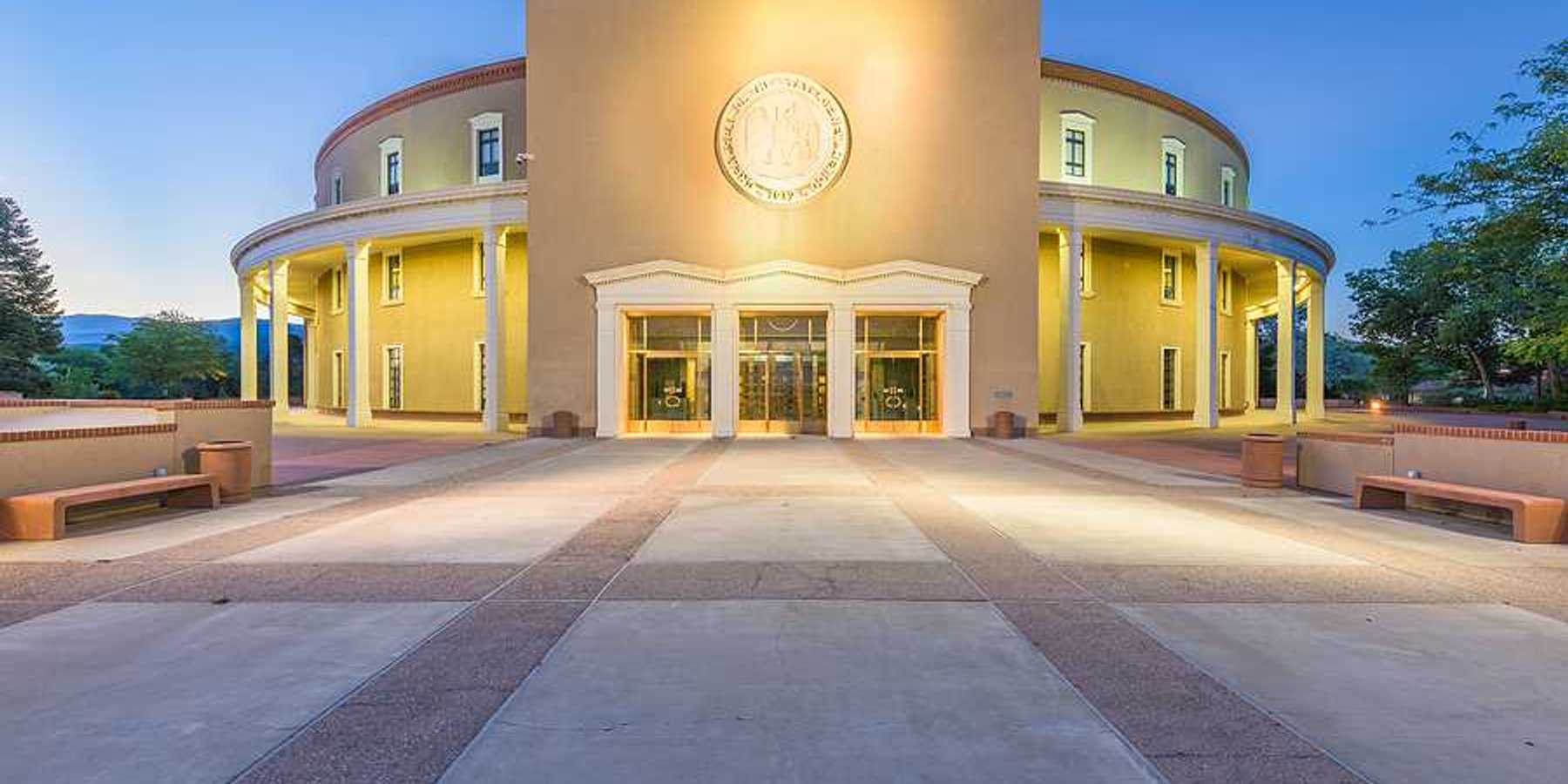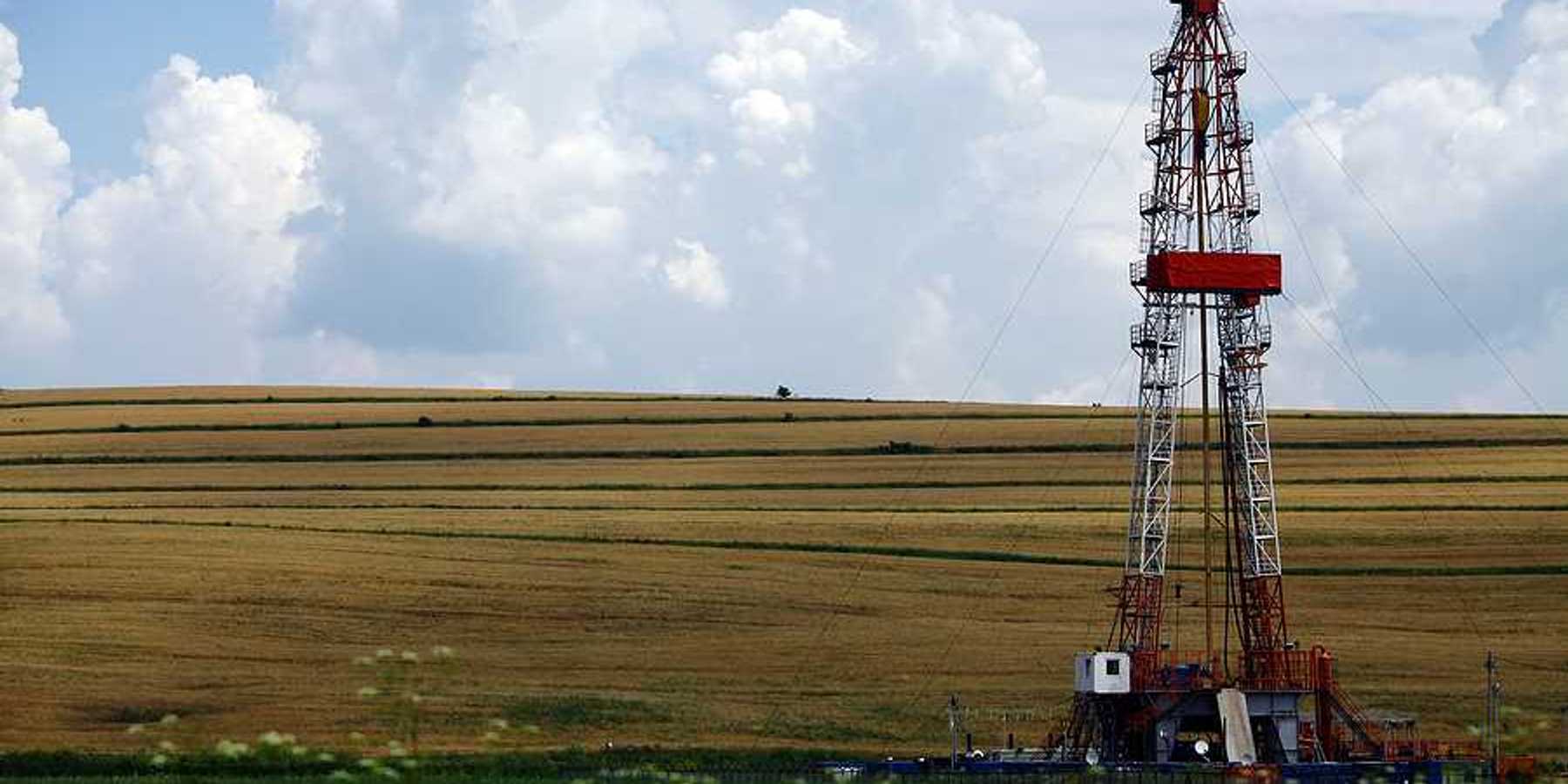States profit from lands on tribal reservations, hindering tribal sovereignty
Tribes are forced to lease their own lands from states, which profit from resources like timber, gas, and minerals, while tribal sovereignty and environmental management are undermined.
Anna V. Smith and Maria Parazo Rose report for High Country News and Grist.
In short:
- State trust lands, once seized from tribes, are leased for public institutions like schools and hospitals, often benefiting non-Indigenous citizens.
- Tribal nations, such as the Ute and Confederated Salish and Kootenai Tribes, lease millions of acres from states for agriculture and resource use.
- Tribes are pushing for land return through programs like Montana’s land exchange, but legal barriers, such as subsurface mineral rights, complicate the process.
Key quote:
“Hundreds of thousands of millions of dollars that could have perhaps been used to educate, to create housing, to create economic opportunity have been lost to the tribes.”
— Minnesota State Senator, Mary Kunesh
Why this matters:
Land leasing affects tribal sovereignty and limits Indigenous management of vital ecosystems. To use these lands, the tribes themselves often have to pay, a grim irony considering these territories were once meant to be set aside for their exclusive use. Read more: Why Indigenous women are risking arrest to fight Enbridge’s Line 3 pipeline through Minnesota.













